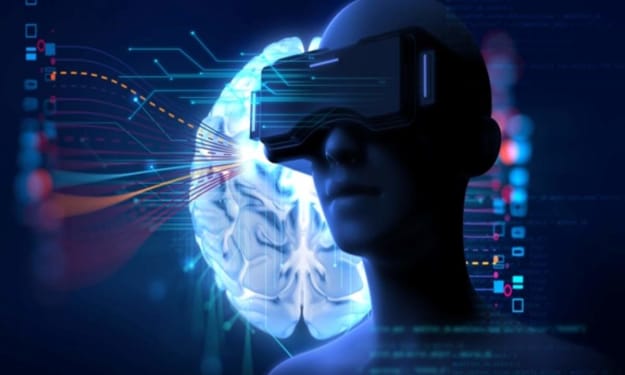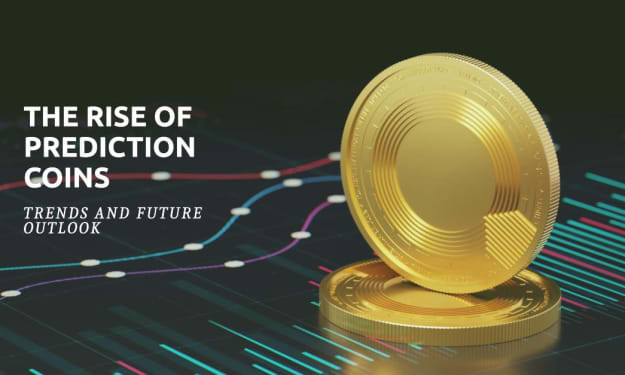How Social Media is Changing Beauty Standards" - An analysis of the role social media plays in shaping beauty standards and how this affects our perceptions of ourselves and others.
https://youtu.be/5tPaasbpkF4

Social media has revolutionized the way we communicate, share information, and consume media. In recent years, it has also become a powerful force in shaping beauty standards and our perceptions of what it means to be beautiful. From Instagram filters to YouTube tutorials, social media platforms have changed the way we think about beauty and have had a profound impact on our self-image and self-esteem.
One of the ways social media has changed beauty standards is by promoting a very narrow definition of beauty. Social media platforms like Instagram, Pinterest, and TikTok are flooded with images of perfectly contoured faces, flawless skin, and impossibly toned bodies. These images are often heavily edited, filtered, or even completely staged, creating an unrealistic and unattainable standard of beauty.
This narrow definition of beauty can have a damaging effect on our mental health and self-esteem. When we compare ourselves to the seemingly perfect images we see on social media, we may feel inadequate, insecure, and unworthy. This can lead to feelings of anxiety, depression, and low self-esteem, which can have a negative impact on our overall well-being.
Moreover, social media's impact on beauty standards is not just limited to the promotion of a narrow definition of beauty. It has also changed the way we consume media and interact with others. Social media platforms allow us to curate our own image, presenting ourselves to the world in a way that is carefully crafted and controlled.
This has led to the rise of the "influencer" culture, where individuals with large social media followings have become powerful influencers in the beauty industry. These influencers have the ability to shape beauty trends, promote specific products, and even dictate what is considered beautiful or desirable.
Influencers often partner with beauty brands to promote their products, creating a symbiotic relationship between social media and the beauty industry. This has led to a proliferation of sponsored content, where influencers promote products in exchange for compensation.
While there is nothing inherently wrong with influencers promoting products, it does create a potential conflict of interest. Influencers may be more likely to promote products that are not necessarily the best for their audience, but instead, are the most profitable. This can lead to the promotion of beauty standards that are not necessarily healthy or attainable.
Another way social media has changed beauty standards is through the use of filters and editing tools. Social media platforms offer a wide range of filters and editing tools that allow users to alter their appearance in ways that were once only possible through surgery or other cosmetic procedures.
These filters and editing tools have become so ubiquitous that they are often used without a second thought. However, they can have a significant impact on our perceptions of ourselves and others. When we see images of people who have been heavily edited or filtered, we may feel inadequate or inferior by comparison. This can create a self-perpetuating cycle where we feel the need to edit our own images to meet these unrealistic standards.
Social media's impact on beauty standards is not all negative, however. It has also created a space for marginalized communities to promote their own standards of beauty and challenge the dominant narrative. For example, the natural hair movement on social media has helped to promote natural hair textures and styles that were once considered "unprofessional" or "undesirable."
Similarly, social media has given a platform to individuals who challenge traditional gender norms and promote a more inclusive definition of beauty. Transgender influencers, for example, have used social media to promote their own unique standards of beauty that challenge traditional notions of gender and beauty.
In conclusion, social media has had a profound impact on beauty standards and our perceptions of what it means to be beautiful. While it has created a narrow definition of beauty that can be damaging to our mental health and self-esteem, it has also provided a platform for marginalized communities to promote their own standards.





Comments
There are no comments for this story
Be the first to respond and start the conversation.